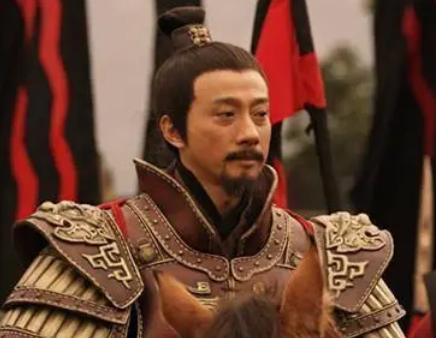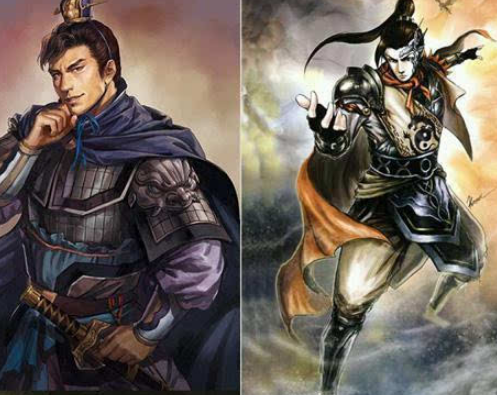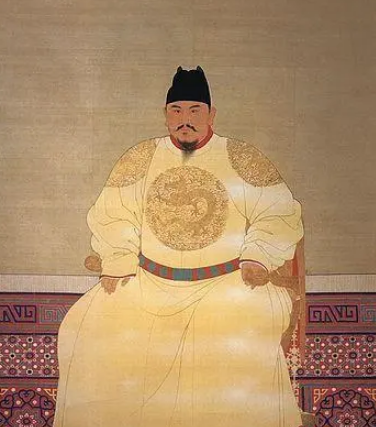In the early Qing Dynasty, after Huang Taiji ascended the throne, in order to consolidate his ruling status, he ennobled four influential brothers as "Beile", who were known as the "Four Great Beile". These Beile played a key role in the early political stage of the Qing Dynasty, but over time, their endings varied. This article will explore the identities and ultimate endings of the Four Great Beile.

I. Identities of the Four Great Beile
1. Dorgon: Younger brother of Huang Taiji, intelligent and capable, with great political skills, he was the most influential among the Four Great Beile.
2. Duo Duo: Younger brother of Huang Taiji, with a temperamental and reckless personality, but also an important supporter of Huang Taiji.
3. Ajige: Younger brother of Huang Taiji, relatively mediocre and not as prominent as the other three Beile.
4. Hoge: Younger brother of Huang Taiji, brave and skilled in battle, but not shrewd enough in political struggles.
II. Political Roles of the Four Great Beile
During the period of Huang Taiji, the Four Great Beile each commanded a large army, assisting the emperor in handling government affairs internally and leading the army in external wars, making significant contributions to the expansion of the Qing Dynasty. Especially Dorgon, who not only had exceptional military talents but also demonstrated superior wisdom in political struggles.
III. Endings of the Four Great Beile
1. Dorgon: After Huang Taiji's death, Dorgon briefly became the regent and held the power of the court. However, he made many enemies in the power struggle and was ultimately stripped of his title, with his family also implicated, leading to a tragic fate.
2. Duo Duo: Tragically died in a battle at a young age.
3. Ajige: After the downfall of Dorgon, he was implicated and executed.
4. Hoge: During Dorgon's rule, he was arrested and killed for opposing him.
Conclusion:
The Four Great Beile in the early Qing Dynasty were once Huang Taiji's capable assistants and played important roles in the establishment and development of the Qing Dynasty. However, as the regime stabilized and internal struggles intensified, their fates also underwent tremendous changes. Apart from those who sacrificed their lives on the battlefield, the other Beile encountered varying degrees of tragedy in political struggles, reflecting the cruelty and uncertainty of power struggles. The story of the Four Great Beile is not only a part of the early history of the Qing Dynasty but also a microcosm of political struggles in China's feudal dynasties.
Disclaimer: The above content is sourced from the internet and the copyright belongs to the original author. If there is any infringement of your original copyright, please inform us and we will delete the relevant content as soon as possible.
































